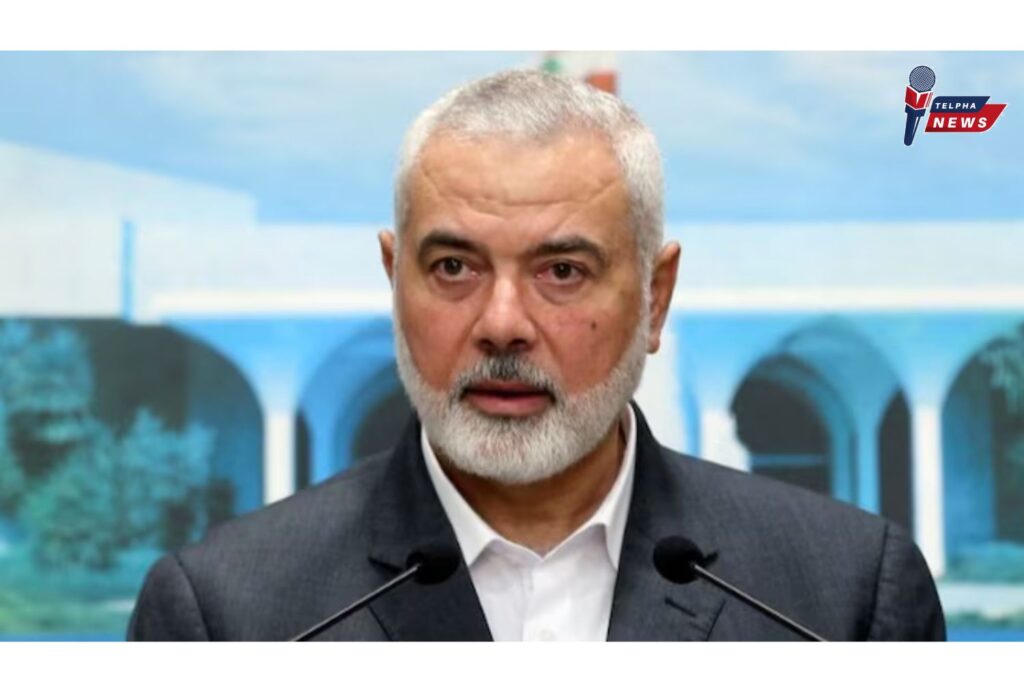
Introduction:
In recent developments, the Israel Defense Forces (IDF) confirmed the tragic killing of three sons of Hamas leader Ismail Haniyeh in a fresh airstrike conducted in the Gaza Strip. This event has reignited tensions in the region and prompted discussions about the complexities of the Israeli-Palestinian conflict. As we delve deeper into the circumstances surrounding this incident, it’s essential to analyze the implications and broader ramifications of such acts of violence.
Exploring the Perspectives:
The conflicting narratives presented by both sides shed light on the deeply entrenched divisions and grievances fueling the ongoing conflict. While the IDF claims that the trio were en route to carry out terror activity, Hamas leader Ismail Haniyeh accuses Israel of acting in the “spirit of revenge and murder.” These contrasting viewpoints underscore the challenge of finding common ground and achieving lasting peace in the region.
Human Cost and Tragic Loss:
Beyond the political rhetoric, it’s crucial to acknowledge the human cost of the airstrike. The loss of Haniyeh’s sons, along with other family members, serves as a stark reminder of the devastating toll of armed conflict on civilian populations. As the death toll continues to rise, it’s imperative to prioritize efforts to protect innocent lives and mitigate the impact of violence on communities caught in the crossfire.
Diplomatic Efforts and Calls for Ceasefire:
Against the backdrop of escalating violence, diplomatic efforts are underway to broker a ceasefire and alleviate the suffering of those affected by the conflict. US President Joe Biden’s recent remarks criticizing Prime Minister Benjamin Netanyahu’s handling of the situation underscore the urgency of finding a peaceful resolution. The international community must come together to support initiatives aimed at de-escalating tensions and fostering dialogue between the parties involved.
Moving Towards Healing and Reconciliation:
As the holy month of Ramadan draws to a close, the recent airstrikes in Gaza serve as a somber reminder of the challenges facing the region. Amidst the grief and turmoil, there is a glimmer of hope for healing and reconciliation. By prioritizing dialogue, empathy, and understanding, we can work towards building a future where all communities can coexist in peace and security.
Conclusion:
The recent airstrike in Gaza has once again thrust the Israeli-Palestinian conflict into the spotlight, highlighting the urgent need for a comprehensive and sustainable solution. As we mourn the loss of lives and reflect on the complexities of the situation, let us reaffirm our commitment to promoting peace, justice, and reconciliation in the region. Only through collective action and unwavering resolve can we pave the way for a brighter and more peaceful future for generations to come.